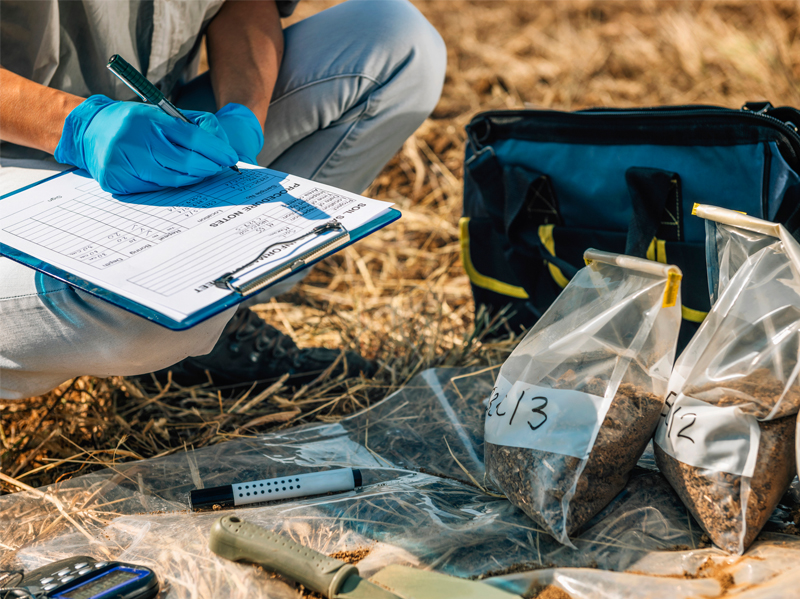
Authors
-
Meghan Ryan
Former Associate Director, BSR
When it comes to building sustainable supply chains, collaboration is critical. It helps companies share best practices and resources and jointly develop principles and standards that amplify impacts. In fact, when BSR set out our Supply Chain Leadership Ladder framework earlier this year, we established collaboration as one of the four dimensions of a robust sustainable supply chain program.
Collaboration is also a core theme of a new AIM-PROGRESS study that BSR led to examine how much progress the fast-moving consumer goods industry is making on supply chain sustainability. The annual study, which BSR has supported for the past two years, is based on information and data submitted by 40 companies representing more than US$800 billion in revenue.
In addition to providing a snapshot of the state of supply chain sustainability in the consumer goods industry, the study also shows how collaboration can drive efficiencies, encourage companies to innovate and act with ambition, and deliver greater impacts in the world. Here are five key findings from the 2016 AIM-PROGRESS Member Benchmarking report:
- Collaboration is generating cost savings: In 2016, AIM-PROGRESS members accepted nearly 2,000 supplier audits commissioned by another member rather than asking suppliers to submit to another audit. In addition to addressing audit fatigue and reducing administrative burdens, this saved members an estimated US$5 million in avoided audit costs.
- Collaboration helps companies implement the international sustainability agenda: When the UK Modern Slavery Act was passed in 2015, one-third of AIM-PROGRESS members had no formal approach to address the risks of modern slavery in the supply chain. AIM-PROGRESS set modern slavery as a priority area for the group, and today, 92 percent of members have an established approach to this issue.
- Supply chain sustainability goals are now mainstream: Today, 90 percent of AIM-PROGRESS members have set supply chain sustainability goals—an 18 percent increase since 2015.
- Supply chain sustainability actions are reaching a larger number of suppliers: In 2016, companies engaged about 50 percent of in-scope suppliers through a sustainability assessment, audit, or self-assessment—up from 33 percent of in-scope suppliers in 2015.
- Companies are investing in more robust governance and management: In 2016, companies reported a 60 percent increase in the number of people working on responsible sourcing, and a 14 percent increase in program oversight at the vice president level or above.
This survey reveals that company efforts on supply chain sustainability are maturing, as is the collaboration architecture that supports them. Members of AIM-PROGRESS said the collaboration has helped to strengthen their responsible sourcing programs. “We have benefitted substantially from learning from other companies and sharing resources as we have ramped up our program. We use the [survey] insights as a tool to engage our teams and drive further progress,” said Anheuser-Busch InBev Sustainability Manager Clare Flannery. WestRock Director of Supply Chain Compliance and Sustainability Christopher Campolongo added that this kind of work gives AIM-PROGRESS members “greater visibility into common topics that can be improved on a global scale.”
As we mark our 25th year, BSR will build on what we have learned to help our members get the most out of collaboration on supply chain sustainability. Whether through our own Collaborative Initiatives or via partnerships with other platforms, we will continue to champion collaboration as a way to build inclusive, resilient, and transparent supply chains.
Topics
Let’s talk about how BSR can help you to transform your business and achieve your sustainability goals.







